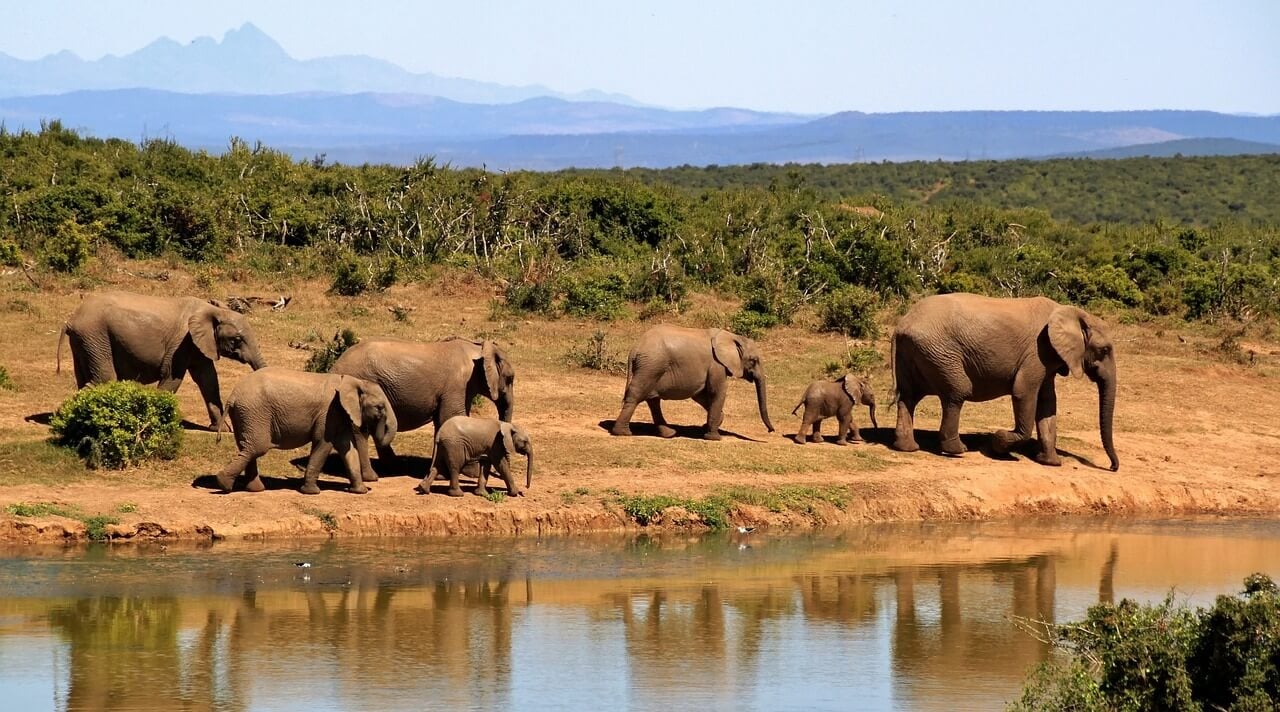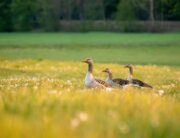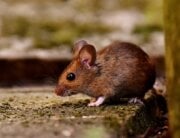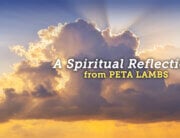
Most of us have been asked to housesit for a friend or family member at one time or another, and we all likely assumed similar responsibilities, like watering the plants, picking up the mail, or sweeping the leaves off the porch. Caring for the home we have been entrusted with doesn’t entitle us to call it ours or destroy it in pursuit of our own desires.
So why, then, do people of faith feel entitled to destroy the home that God created and placed in our care?
Psalm 24:1–2 tells us, “The earth is the Lord’s, and everything in it, the world, and all who live in it; for he founded it on the seas and established it on the waters.”
God created the entire Earth, and everything on and in it belongs to Him. He charged humans with the stewardship of His perfect creation, which He blessed and called good. But he didn’t give it to us to own. Yet many of us have heard Genesis 1:28, the oft-cited “dominion” verse, used to justify every abuse of animals and nature imaginable. But the two verses that follow, in which God makes His meaning crystal clear, are widely ignored:
“Then God said, ‘I give you every seed-bearing plant on the face of the whole earth and every tree that has fruit with seed in it. They will be yours for food. And to all the beasts of the earth and all the birds in the sky and all the creatures that move along the ground—everything that has the breath of life in it—I give every green plant for food.’ And it was so.”
God provided everything we needed. There is no need to harm or kill others.
Father Christopher Steck, Ph.D., a widely respected theologian and professor of theology and religious studies at Georgetown University, explains why humankind must reject the notion that we have Godlike authority over creation and begin to follow His directive to show the Earth the same merciful, loving care that He shows us:
We are to be Earth’s protectors, not its pillagers, its cultivators, not its killers. It’s easy to see that humans’ misuse and abuse of what is God’s has had devastating consequences.
The International Union for Conservation of Nature’s Red List of Threatened Species now includes more than 157,100 animals and plants, with more than 44,000 species threatened with extinction. The alarming rate of biodiversity loss is largely due to human activities such as hunting and fishing and human-caused problems including habitat loss, pollution, and climate change.
Our cruel system of animal agriculture is “one of the top two or three most significant contributors to the most serious environmental problems, at every scale from local to global,” according to the United Nations. Experts, including the World Health Organization, predict that as long as humans use animals for food and profit, more pandemics will be inevitable. Fueled by the climate crisis, 2023 saw a record-breaking 240 natural disasters worldwide that claimed more than 74,000 human lives. And the list goes on.
But God’s followers can and should be leaders in ending the rampant exploitation and destruction of the planet. On Earth Day and every day, we can honor Him by choosing to protect, nurture, and restore this remarkable planet filled with His wonder—just as He protects, nurtures, and restores us.
Download our free Creation Care Toolkit and order our free vegan starter kit to get started today.






